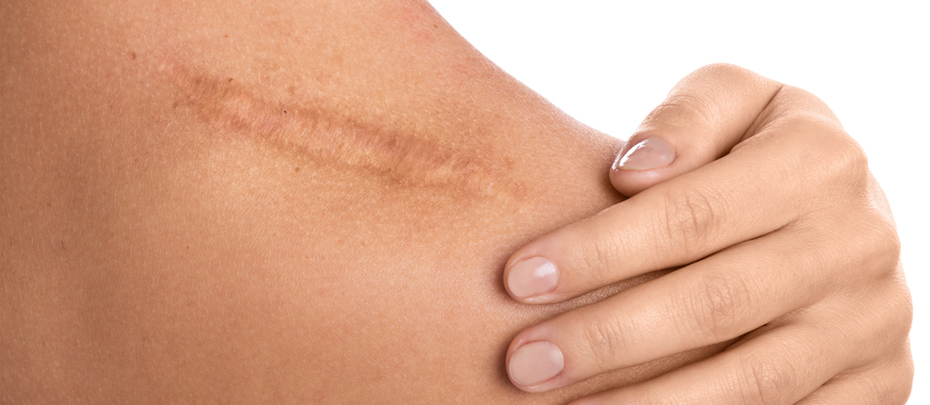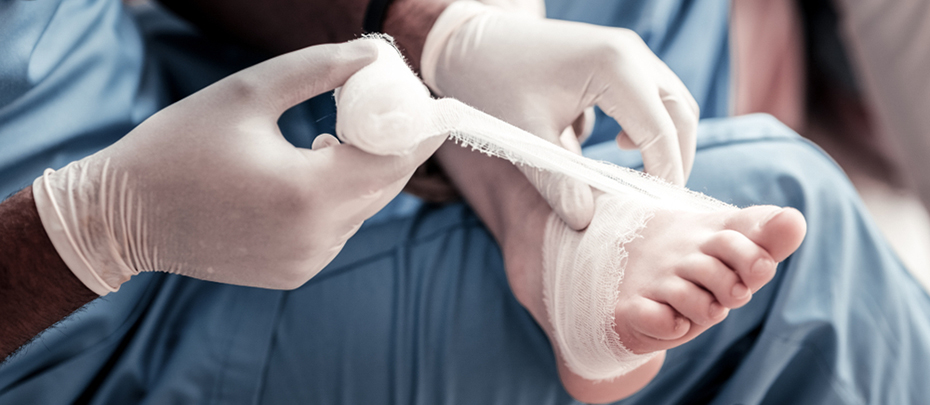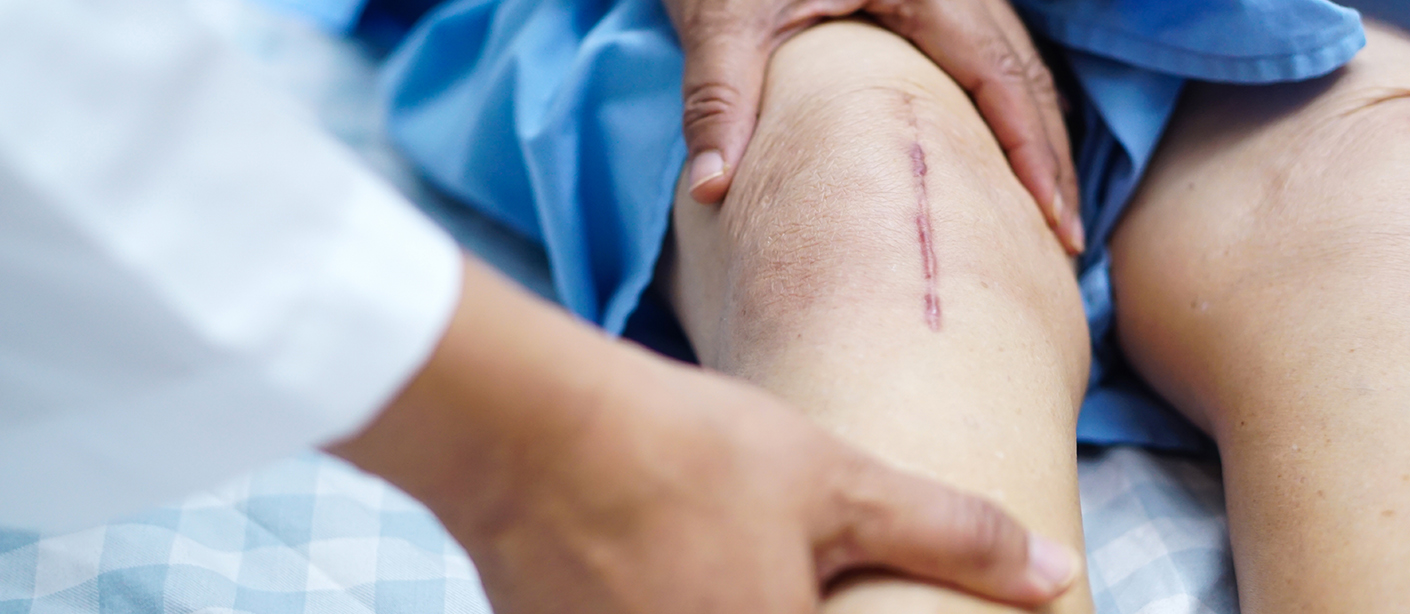Post-Surgical Nutrition: Ideas for Easy Meals and Snacks
- Description
-
Eating well is a fundamental aspect of maintaining good health, but when it comes to post-surgical nutrition, it takes on a whole new level of importance. After a surgical procedure, providing your body with adequate nutrients may help to support tissue repair, manage inflammation and support the immune system.
- Reference Page Path
- /content/an/newsroom/us/en/nutrition-care/surgery-hospitalization/Post-Surgical-Nutrition-Ideas-for-Easy-Meals-and-Snacks.html








Social Share